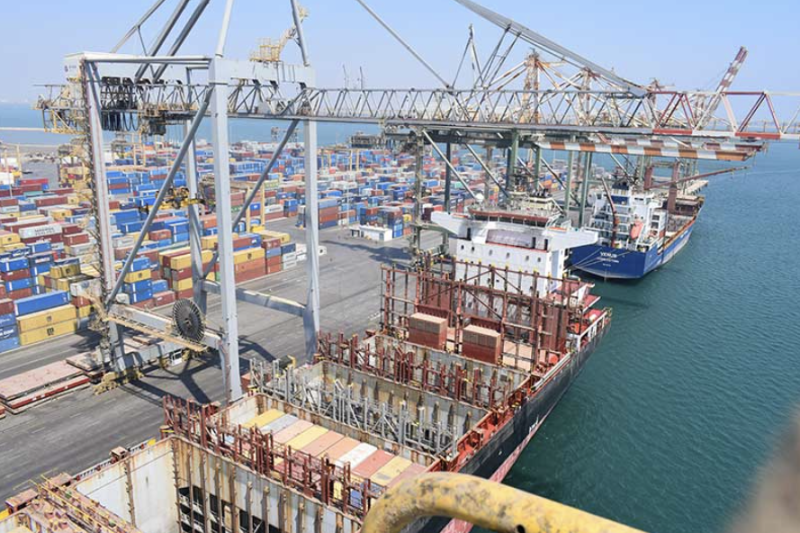The Hidden Issue Behind Marines Ditching Weapons In Yemen


All the furor about Marines allegedly surrendering weapons to Yemeni rebels misses the obvious question: Why were Marines and diplomats in such a rush?
There was plenty of time to draw up an exit plan that did not include destroying weapons and ditching dozens of vehicles. The deterioration of the security situation was months in the making, culminating as the government dissolved Jan. 22, nearly three weeks ago.
The coup occurred when Iran-backed Houthi rebels stormed the presidential palace and placed American-backed, then-President Abdrabbuh Mansour Hadi and his cabinet under arrest (all of whom promptly resigned, presumably at gunpoint), and had been widely anticipated by just about anyone watching the country.
So why did the exit plan seem so hasty?
It seems to have also taken Marines and embassy personnel down public streets dominated by Houthi rebels; whose supporters were reportedly thronging the capital shouting “death to America, death to Israel,” even as officials reported the area as “calm.”
News of the embassy closing was quickly followed with a report coming from CNN claiming Marines surrendered weapons to Houthi rebels at the capital Sanaa airport.
Since then, the Marine Corps has issued statement after statement rebutting any claims that such a surrender occurred. Jen Psaki, spokeswoman for the State Department, appeared Thursday on “The Kelly File” to also deny any such rush occurred (and to also repeat the claims that the city was calm and the protocol was well planned and well executed).
Yet, Marines were forced to destroy weapons with sledge hammers (the Marine Corps asserts) in the airport parking lot. They were forced to “remove bolts” from their personal small arms in order to render them inoperable, prior to turning them over to Yemeni “security personnel,” or in some reports, leaving them behind in the 20-some cars that Houthi rebels then seized.
An almost bewildered Col. Steve Warren, Pentagon spokesperson, initially told reporters Marines had to leave behind weapons because they had to board a “civilian” flight. Why were Marines and embassy officials forced to take Yemen’s version of Delta out of the country?
Were they seated in first class or in coach (with all the commoners)?
Later, officials referred to the flight as “chartered commercial.” But Marines take chartered commercial flights all the time, and they do so with weapons. Something doesn’t quite add up. Where were all the military flight assets? Was the worry that rebels might shoot American helicopters down? Are they even capable?
This hasty departure has all the signs of a bootstrap extraction. After months of deteriorating security, and weeks since the government folded, embassy officials and Marines got the order and departed in a dead rush — fled in fact — and even if protocol was followed as planned, the plan left an awful lot of Americans (at least 20 cars full) exposed to awfully high risk.
I understand the nature of risky duty assignments, but this “plan” seems to have been executed at the 11th hour. From all appearances, it seems like luck played a major role in everyone’s safety, perhaps more so than planning, and that’s not at all a good sign.
The closure in Egypt’s Cairo in the heat of the Arab Spring seemed well planned and orderly by comparison.
Daily Caller

Aden — Ports under the authority of Yemen’s internationally recognized government have received more than two million metric tons of fu…

Mukalla — Local authorities in Hadramout have announced the inauguration of Yemen’s first solar-powered cement station, a landmark proj…

AbuDhabi -- The United Arab Emirates has pledged $1 billion to bolster Yemen’s electricity sector, marking one of the largest development com…